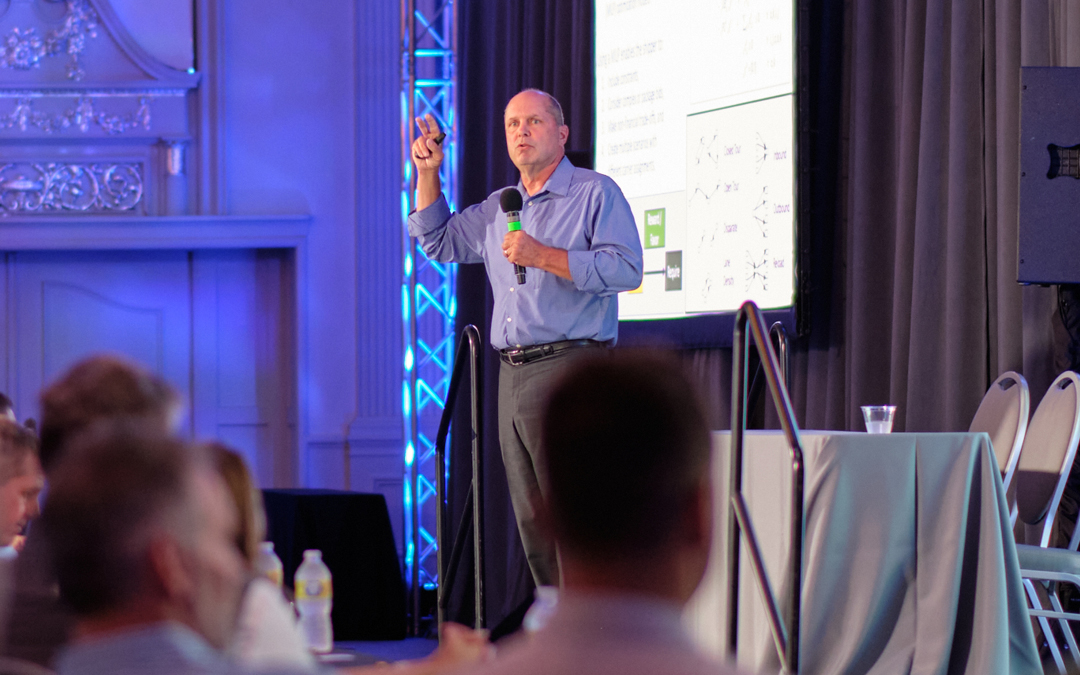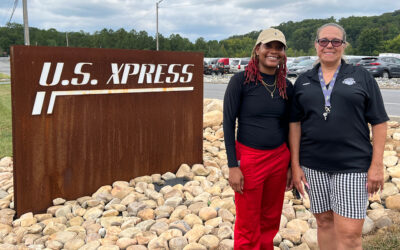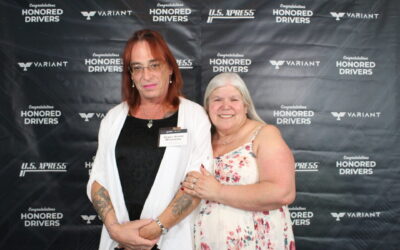A leading logistics data scientist shares his perspective on how the challenges never stop changing when it comes to making goods move better.
What’s happening: The multiple complex systems known collectively as ‘the supply chain’ never stop evolving. What was true a decade ago — or even five years ago — often doesn’t apply anymore.
Why it matters: For shippers, the constantly shifting nature of the world of freight requires versatility in their partnerships. For carriers, it means a commitment to endless study of how logistics and freight function.
The bottom line: Shippers and carriers are in this together when it comes to lifelong learning about what works in the world of freight, and how we can make it work better.
An expert perspective: Hear more from Dr. Chris Caplice in this video.
Dr. Chris Caplice probably knows as much as anyone on the planet about the many-faceted universe we call the supply chain. After all, he’s the chief scientist at DAT Freight and Analytics and executive director of the Massachusetts Institute of Technology Center for Transportation and Logistics.
But no matter how much we know, the job is never done when it comes to learning how to move goods better, Dr. Caplice said during PartnerShip, the premier U.S. Xpress partner summit and showcase for some of our top industry experts.
“People have finally recognized that’s it a lifelong education, and you need to do it throughout your career because things are moving too fast,” he said.
What was true a decade ago — or even five years ago — often doesn’t apply anymore. That’s why education has evolved to offer ‘micro-master’s’ degrees to sharpen skills in specific areas, Dr. Caplice said.
“I might need to learn about drop-and-hook or customs clearance,” he said. “I need bite-sized education throughout my career.”
For shippers, the constantly evolving nature of freight requires versatility in their partnerships, Dr. Caplice said.
“As a shipper, you should have a portfolio of options,” he said. “You have dedicated — something that is steady state, high volume — you don’t need to involve anyone else in it, and you can keep that driver and that truck utilized.”
Meanwhile, less predictable shipping needs require a different approach.
“If it’s high volume and not as balanced, maybe you go to contract, to over-the-road trucking,” he said. “But if you have lanes that happen very infrequently, it doesn’t make sense to have a contract for those. That’s where I’m arguing that they should go pure dynamic.”
A recent partnership between MIT and U.S. Xpress is a good example of efforts to find tactical ways to help boost the effectiveness of freight planning. Graduate students worked with U.S. Xpress to study dwell — the time drivers spend waiting instead of driving — and discovered some consistent themes.
“The shortest dwell happens during the busiest times,” Dr. Caplice said. “We expected that during the peak hours you’d see the longer dwell, but what you see is during peak hours the receivers are faster, their labor is up to the right level, they can process faster. The big dwell happens during off hours.”
The students also discovered dwell is less likely to happen the more frequently a driver visits a site, and that can become good guidance for dispatchers in assigning loads, Dr. Caplice said.
During the pandemic, awareness of the supply chain has helped broaden understanding of its complexity, he added.
“The words ‘supply chain’ became part of the vernacular. I no longer have to explain to people what I do,” Dr. Caplice said.
“People think ‘the supply chain’ broke, and there is not ‘a supply chain.’ I think people have realized that it’s very complicated. They’ve gained an appreciation for what normally happens and they don’t even know it happens.”





